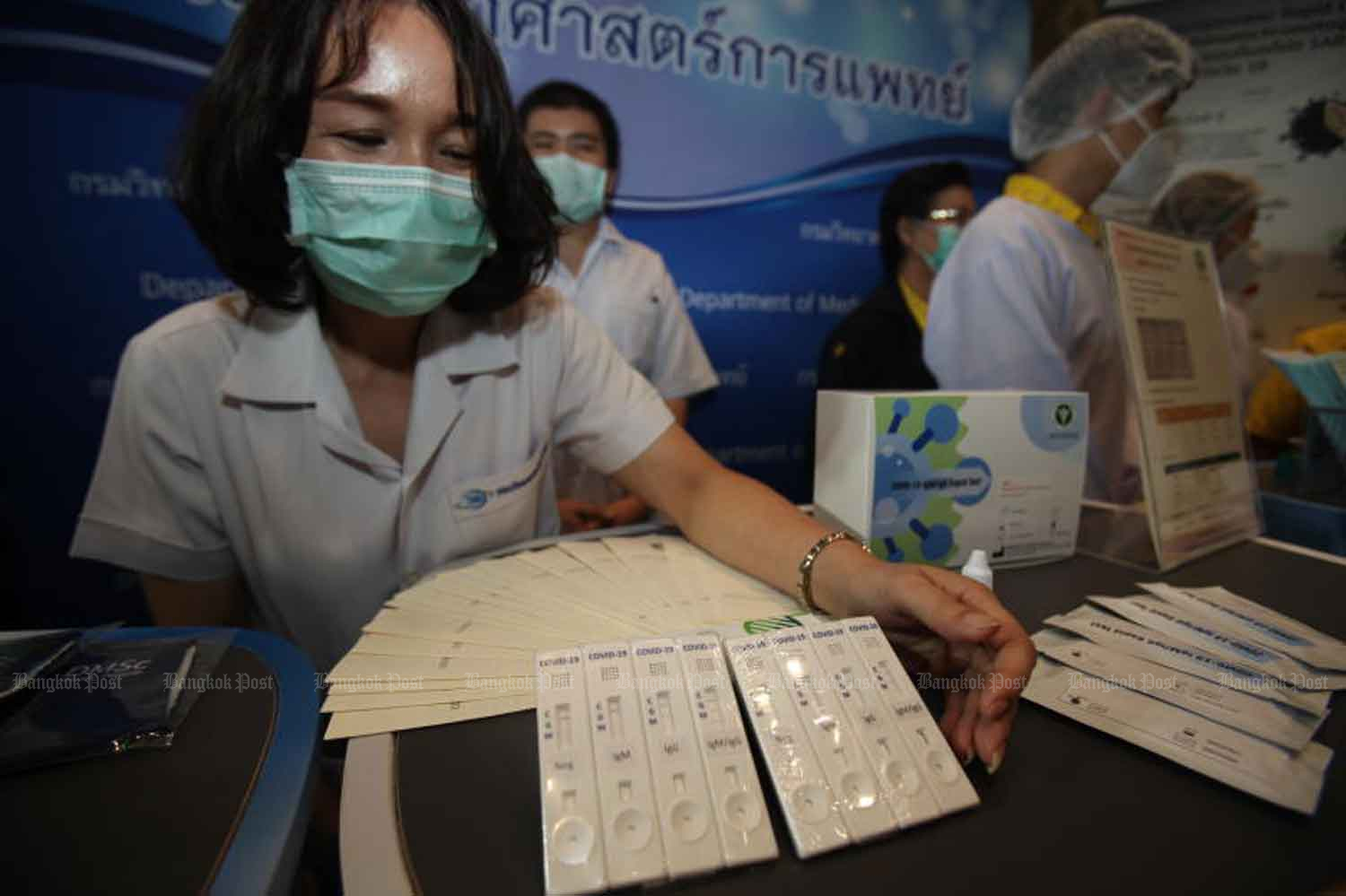
A proposal to reduce the mandatory quarantine period for foreign tourists from 14 to 10 days will be put forward to the Centre for Covid-19 Situation Administration (CCSA) for consideration next week amid Public Health Ministry advice that the infection is usually detected during the first 10 days.
Speaking at the seminar entitled "Smart Living with Covid-19" to address concerns about the government's policy to open up the country, Deputy Prime Minister and Public Health Minister Anutin Charnvirakul said on Friday that details of the proposed 10-day quarantine were being prepared for submission to the CCSA.
Mr Anutin said he was confident that a 10-day quarantine combined with strict disease-control measures would be effective in preventing the spread of Covid-19 but the CCSA would have the final say.
The ministry stresses that the shorter quarantine should only be applied to visitors from low-risk countries.
Addressing public concerns about the government's easing of lockdown, Mr Anutin said this had been approved after assessments of the situation and based on ensuring public health.
He said public health officials were now better equipped to fight the spread of the disease after the early days of the pandemic in terms of experience, knowledge, manpower, medical supplies and facilities, including Covid-19 testing labs and beds.
The ministry has designed disease-control measures to handle the easing of lockdown, assembled hundreds of disease investigation teams and stockpiled more than 500,000 tablets of the antiviral drug Favipiravir.
"The ministry has experience and expertise and has plans to handle the next phases of easing of the lockdown," said Mr Anutin.
Opas Kankawinphong, acting director-general of the Department of Disease Control, said the proposed quarantine reduction would not compromise public health.
Most infections were usually detected during the first 10 days, said the doctor, and most infections detected after that were asymptomatic or with mild symptoms, which had a low risk of transmission.
Dr Opas also said social-distancing measures, personal hygiene and a tracking system would also be implemented to prevent the coronavirus spreading.
